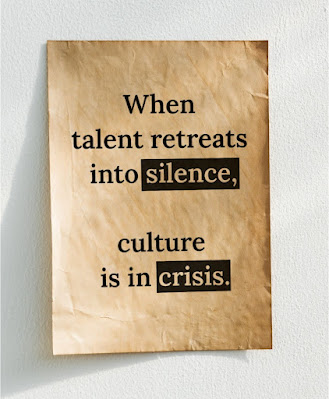Postmodern Critique of The Brothers Karamazov by Fyodor Dostoevsky (1880) and Its Educational Implications

By Don Allen, Ed. S., M.A.Ed., MAT It is against this background that Fyodor Dostoevsky's examination of truth versus self-deception in The Brothers Karamazov (1880) acts as a staple toward which a postmodern critique of modern educational systems can be hurled. The passage, with its brooding over lying to oneself and the consequential self-destruction, relates to a much greater existential predicament relevant in today's date: the deliberate strangulation of critical thought and self-awareness. Education, ostensibly designed to inculcate these qualities, paradoxically produces few scholars who are prepared to challenge the deeply entrenched status quo created by highly functioning yet ultimately low-output education systems. Postmodernist theory contests the meta-narratives that underpin traditional educational constructs. These systems, born of industrial and neoliberal imperatives, prioritize measurable outputs-test scores, degrees, and economic utility-over the inculcation ...

%20.png)



